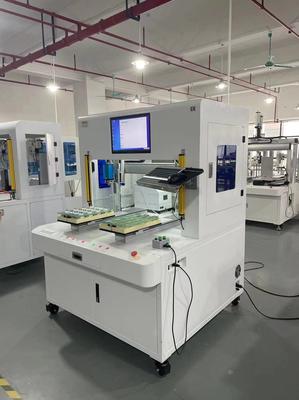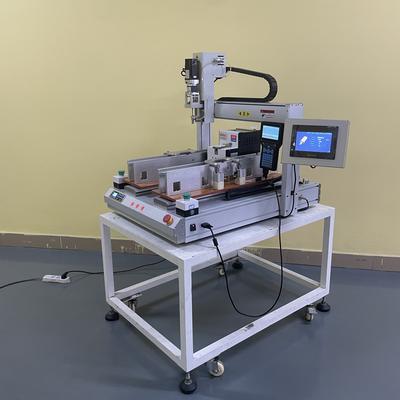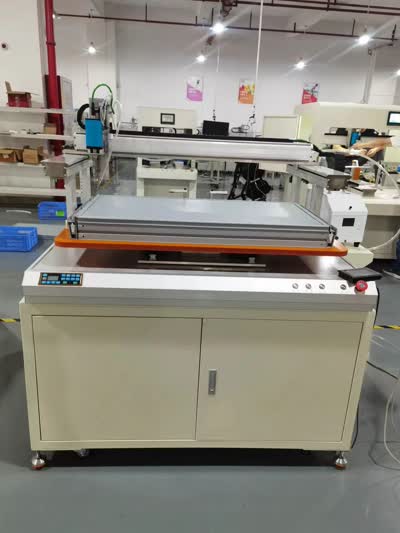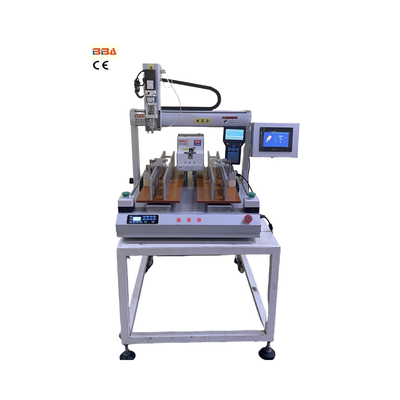Servo Motor Control for Enhanced Process Stability in Industrial Automation

In the world of industrial automation, achieving consistent and reliable process performance is a top priority for manufacturers. One of the most impactful advancements in this pursuit is the use of servo motor control technology. By leveraging precise motion control, manufacturers can significantly enhance process stability, reduce variability, and improve overall product quality.
Servo motors are known for their high performance, accuracy, and responsiveness. Unlike traditional motors, servo systems incorporate feedback devices such as encoders or resolvers to continuously monitor and adjust position, speed, and torque. This closed-loop control mechanism allows for real-time corrections, ensuring that the motor operates exactly as intended even under varying load conditions or external disturbances.
The benefits of enhanced process stability are far-reaching. In applications such as packaging, material handling, assembly, and CNC machining, even minor deviations can lead to defects, waste, or downtime. With servo motor control, these variations are minimized. For example, in a filling or packaging line, servo systems can precisely control the amount of product dispensed, ensuring each unit meets strict specifications. In robotic applications, servos enable smooth and accurate movements, reducing wear and improving repeatability.
Another key advantage is energy efficiency. Servo motors consume power only when needed, unlike constant-speed motors that run continuously. This not only reduces energy costs but also contributes to more stable thermal conditions, which is critical in processes sensitive to temperature fluctuations.
Integration with modern industrial networks and control systems further amplifies the value of servo technology. Through fieldbus protocols like EtherCAT or PROFINET, servo drives can communicate seamlessly with PLCs and higher-level systems. This enables centralized monitoring, data logging, and adaptive control strategies. For instance, if a process parameter begins to drift, the control system can automatically adjust the servo’s motion profile to compensate, maintaining stability without manual intervention.
Moreover, advanced features like electronic gearing, cam profiling, and multi-axis synchronization allow for complex motion sequences that were once difficult to achieve. These capabilities open new possibilities for optimizing processes, increasing throughput, and enhancing flexibility.
In summary, servo motor control is a cornerstone of modern industrial automation, providing the precision and reliability needed to achieve enhanced process stability. As manufacturers continue to pursue higher levels of efficiency and quality, investing in advanced motion control solutions becomes increasingly essential. By adopting servo technology, companies can not only improve their current operations but also build a foundation for future innovation and growth.
| Product Name | Applicable industries |
| Automatic Screw Feeder | LED Lighting Industry |


